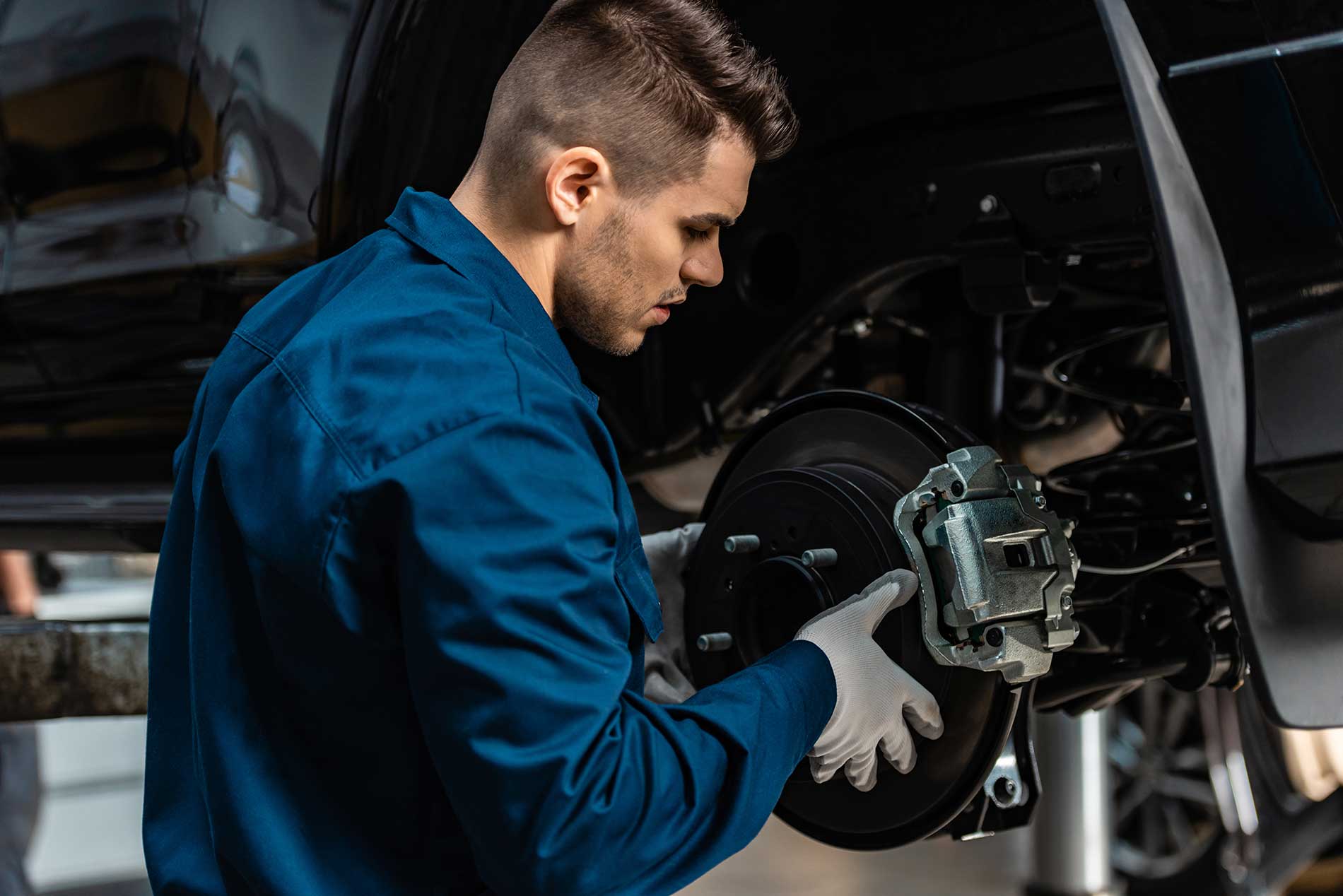Are you concerned about the current state of your brakes in Kamloops? When it comes to vehicle safety, having highly-functioning brakes is essential. Whether you’ve been hearing strange noises or feeling unusual vibrations when braking, getting information on how to check and maintain your car’s brakes can make all the difference. In this blog post, we’ll be exploring some frequently asked questions (FAQs) regarding brake inspections, maintenance tips and common issues that may arise with vehicles in Kamloops. We hope this will provide meaningful insight into recognizing signs of brake wear and addressing any problems before they become worse. Keep reading for more helpful answers!
Q: Why are my brakes squealing?
A: If you’re noticing a high-pitched squealing sound coming from your brakes, it’s likely due to a worn brake pad. The metal shim which is designed to help reduce vibrations between the caliper and metal rotor is now touching the metal rotor, creating friction and that infamous noise. This can be addressed relatively easily, and typically requires replacing the brakes pads or having them resurfaced. Be sure to bring your vehicle in to us for a brake check if you believe they’re are making an abnormal sound that may indicate more extensive damage.
Q: How long do brakes last?
A: Brakes are integral to the safety of vehicles and as such, should be regularly inspected by a certified mechanic to ensure they continue to function properly. Typically brakes last for at least 50,000 miles when maintained properly. However, this lifespan can be reduced depending on several factors such as driving habits, climate, the weight of your vehicle and even the type of brakes you have installed. Those brakes located behind a large wheel, like a 4×4 or SUV, tend to wear more quickly due to increased pressure on them. Also important to consider is that brakes often need adjustment at least every two years regardless of mileage. That said, it’s best practice to have brakes checked at least once a year so that you can avoid potentially dangerous brakes failure and keep your family safe on the road.
Q: How much does a brake job cost?
A: Getting a brake job done varies with need, including the type of brakes your vehicle has, as well as the labor involved. Generally speaking, brakes for a standard car are going to cost anywhere from $100–$350 for parts and about $50–$150 for labor. On the higher end of the spectrum, brakes for foreign luxury vehicles or sports cars can easily set you back several hundred dollars due to the more expensive parts required. If you’re doing it yourself, brakes usually come with detailed instructions on installation, but any qualified automotive service provider will be able to do the job quickly and correctly if necessary.
Q: What are the brake parts you might replace?
A: When it comes to brakes, there can be a variety of parts that need replacing. Depending on the type of brakes your car has, common parts that are typically replaced are brake pads, rotors, calipers and hardware. It is important to ensure the right brakes and components are used and properly installed for the best performance. Some brakes require specialized cleaning products to ensure that the pad surfaces perfectly match each other so they wear evenly. Regular maintenance of brakes can help prolong their life, often leading to cheaper repair costs in the long run.
Q: Are there different types of brakes?
A: Brakes on vehicles come in various forms and types. Disc brakes have metal discs that press against the brakes when pressure is applied. Drum brakes are a closed cylinder, with brake shoes inside that expand against the walls of the cylinder and cause friction. ABS brakes (anti-locking brake systems) use sensors to measure vehicle speed and prevent brakes from locking up when pressure is applied, while hydraulic brakes use hydraulic fluid to push pistons forward and activate brakes when pressure is applied to them. Automatic brakes are equipped with electronics or air actuation systems used to decrease speed or bring a vehicle to a full stop in an emergency. Any driver should be aware of the type of brakes their car has, as understanding how brakes work can ensure safer driving experiences.

Call Us
For more information, please see our Auto Services page.
For automobile repairs and maintenance you can trust, call Autopro Alignment & Maintenance.
Read our Reviews
Also from our blog: A Clean Sweep (fuel injector cleaning)

